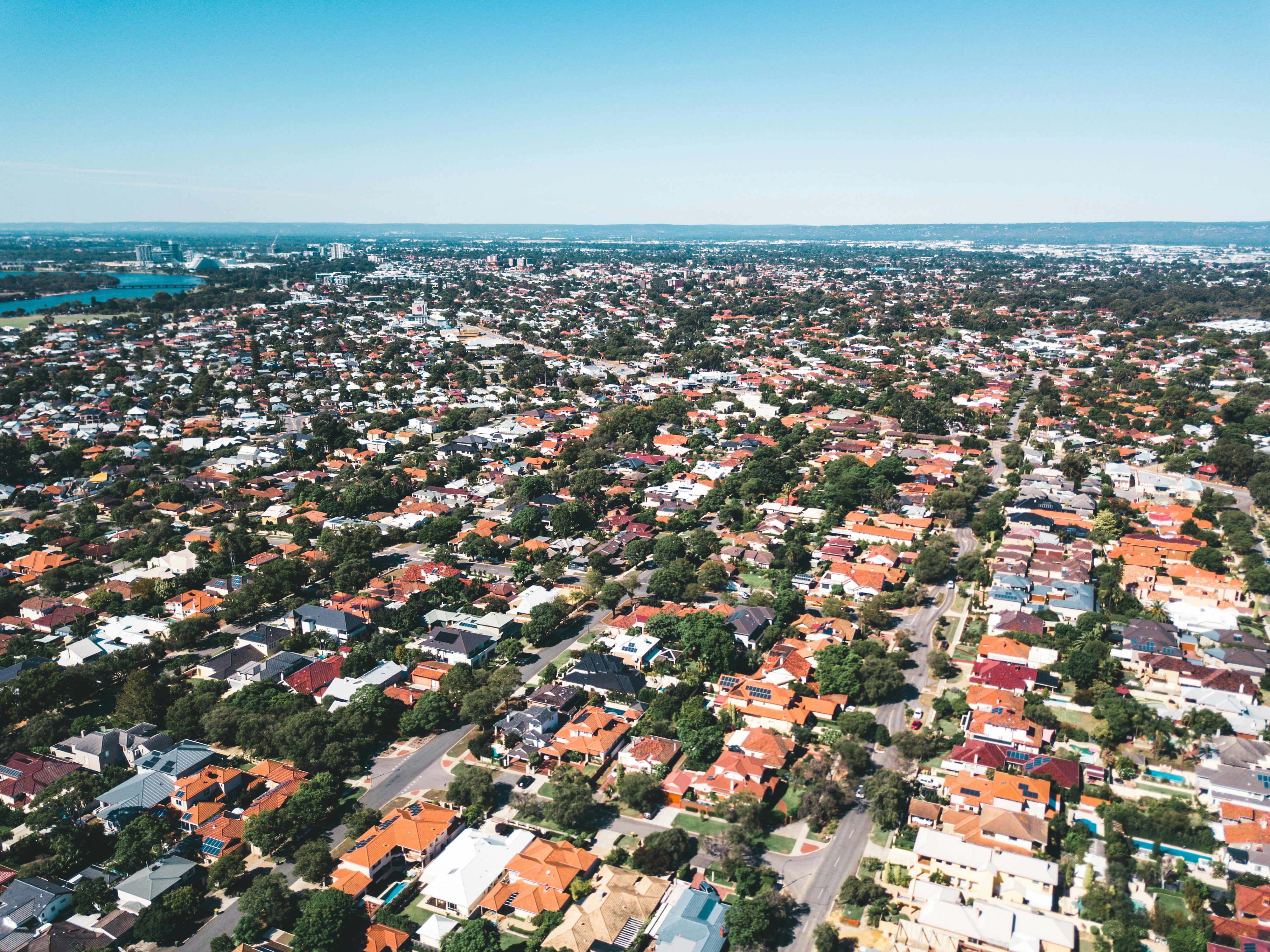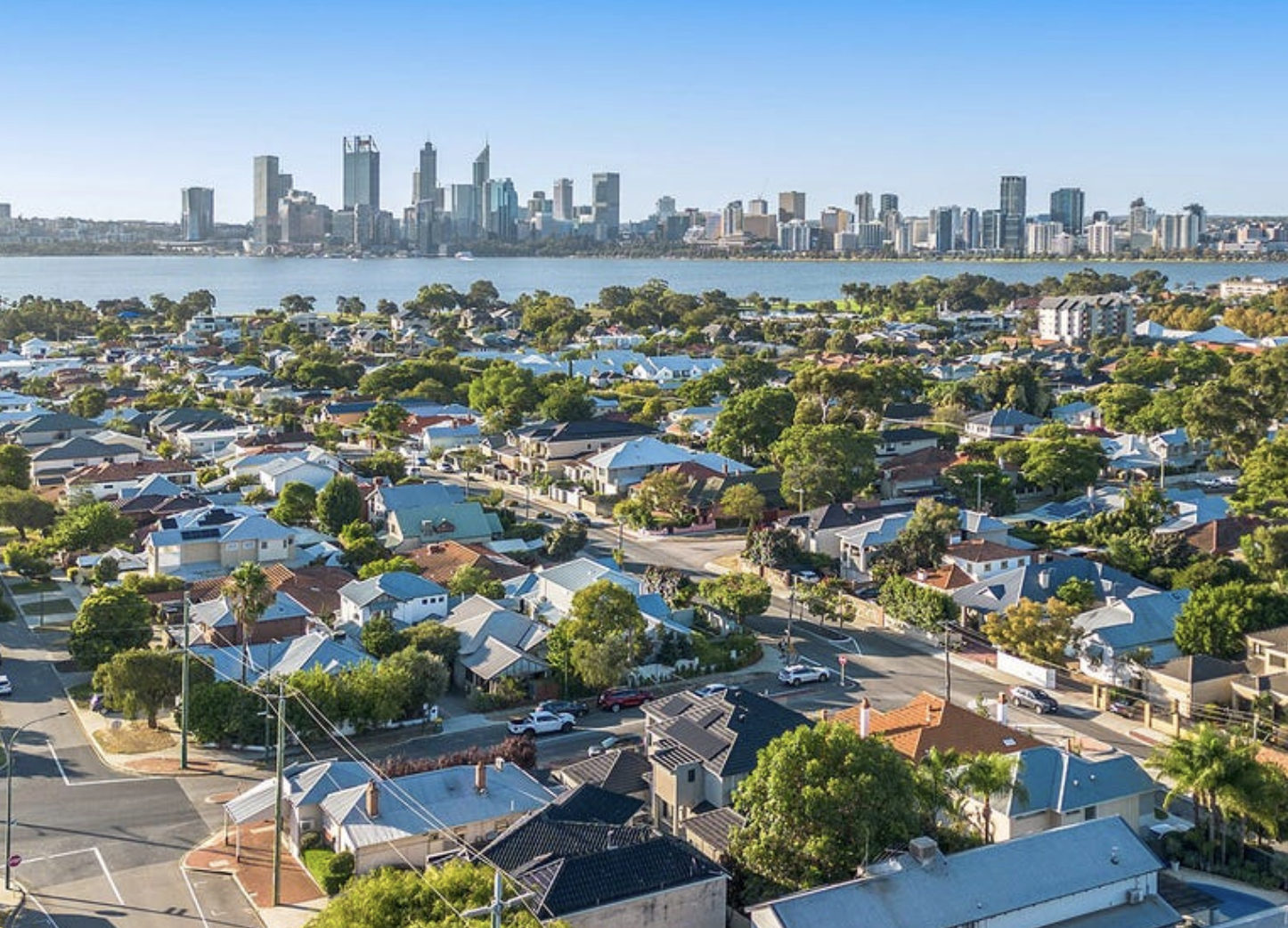This week, we saw the 3rd back-to-back rise to the official cash rate, lifting it now to 1.35%.
You’d have to trace back to the second half of 1994 to find rate hikes sharper than what we’re seeing now.
Meanwhile, investors are enjoying the biggest annual rental growth since 2008.
Let's sum up the analysis and forecasts on the rising interest rate environment, alongside the latest stats on rental growth.

- A 22-year-old property investor with a $1 million property portfolio is considering switching to interest-only repayments and increasing his rent in light of the RBA’s decision.
- In Queensland, new rental laws will mean landlords must provide an acceptable reason when declining a tenant’s request to keep a pet. The rules come into effect on October 1.
- NSW first home buyers who opt to convert their first home to an investment property could face higher tax repayments down the track under the new stamp duty reforms.

- The average gross rental yield nationally is 3.3%, according to CoreLogic data.
- The average yield in the combined regionals outperforms the national average, at 4.1%.
- The combined capitals are seeing returns of 3.1%.

- On Tuesday, the RBA lifted the official cash rate for the third month in a row, bringing the rate from 0.10% to 1.35% in 3 months. It was the second consecutive increase of 50 basis points.
- ANZ, Westpac and NAB are predicting a third consecutive increase of the same size in August, before winding back to ‘standard’ 25 basis point hikes. CBA is the only big four bank which is not forecasting a third 50 basis point hike.
- Some market expectations of a 3-4% cash rate by Christmas are unlikely. AMP Capital expects that:
- by the end of the year, the rate will reach 2.1%.
- by mid-2023, it will peak at 2.5%.
- rate cuts will start in the second half of next year.
- Rising interest rates have had a noticeable impact on the lending market. Fixed home loans were all the rage in 2021 but its popularity has plummeted in the past few months, as competitive fixed rates become a rare commodity.
- Fixed home loans in May 2022 represented only 12% of all new home loan commitments in the month, compared with 46% in July 2021.
- New fixed-rate home loans in the month of May 2022 totalled $6.72 billion, which is the lowest since March 2020 (when the RBA first started cutting the cash rate).
- Meanwhile, new variable rate home loans are at its highest, clocking up $49.78 billion since the Australian Bureau of Statistics’ records began in July 2019.
- The cash rate hike coincided with the latest rental value data from CoreLogic, which showed that:
- rents were up by 0.9% in June nationally.
- rents were up by 2.9% over the June quarter nationally.
- rents saw an increase in all 8 capital cities.
- rental growth was driven by climbing demand due to shrinking household sizes seen during COVID-19.
- However, June housing value data from CoreLogic showed median prices declined for the second month in a row, down by -0.6% nationally in June 2022.

CRUNCHING THE NUMBERS
Hypothetically, for a typical investor borrower who:
- was on the average investor variable rate of 3.21% in April (before rates started rising in May), they are facing a 4.46% interest rate if their bank passes on all 3 rate hikes (1.25 percentage points) in full.
- is on an $800,000 mortgage over 30 years, with principal and interest repayments on a variable rate mortgage, the average monthly repayment would increase by about $570 per month.
It's a good time to check if there are any implications to your cash flow. If so, it may be worth considering refinancing, especially if you’re on a fixed rate that’s ending in the short to mid-term.
PUTTING THINGS INTO PERSPECTIVE
It’s important to remember most property investors would have had 2.5 to 3.0 per cent rate buffers factored in during the loan approval process, meaning the cumulative 1.25 percentage point increase should be manageable.
Before May’s increase, the last time the RBA lifted the cash rate was in November 2010 and at the time, the rate had been lifted to 4.75%. We are still well away from that.
With rents up by 9.5% over the year, property investors are benefiting from the highest annual rental growth in 14 years. This will provide a further buffer to investors facing higher mortgage repayments.
On price falls, Cameron Cusher, PropTrack’s director of economic research, raises some important points:
- National property prices have surged by 35.1% since the pandemic began in March 2020 to the market peak in March 2022.
- This means that prices would have to drop by 26% to undo the growth seen in the past 2 years.
- Many commentators are predicting price falls of 10-15%. Even if this was to eventuate, housing prices would still be above pre-pandemic levels.
SEEING THROUGH THE UNCERTAINTY
Investor home loans are still up by 23.7% from May 2021, while home loans to owner-occupiers are down by -9.7% over the same period.
- It’s possible that this reflects savvy property investors seeing an upside to the market downturn and are seizing the opportunity to dive into the market when prices are low.
- Despite the market downturn, there are still opportunities to be had. For example, Darwin units grew from -0.2% decline in May 2022 to 1% growth in June 2022 (equivalent to $8519 value growth in one month).
Prices at a glance
Houses

Units

Overall, the rate of decline recorded across the capital cities over June 2022 for both houses (-0.9%) and units (-0.5%) accelerated at twice the rate of the month prior (-0.4% and -0.2% respectively).Adelaide property prices showed the strongest overall growth in June of 1.3%. It has been the only capital city seeing a monthly growth rate of above 1.0% since May.Sydney prices fell the hardest among the capital cities for both houses and units, though it is still recording annual growth across both property types.












